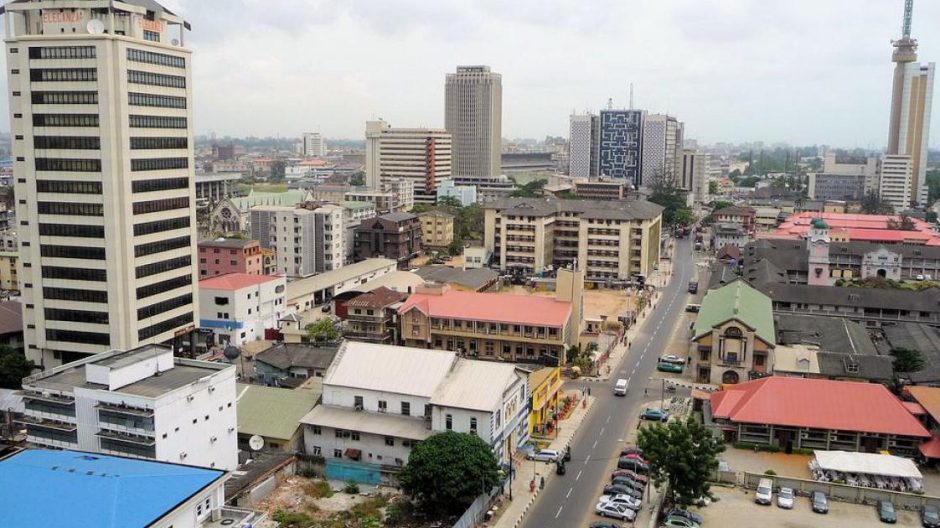Lagos has officially become the fastest-growing tech ecosystem globally, according to the Global Tech Ecosystem Index 2025 by Dealroom. This recognition puts the Nigerian megacity ahead of global giants like Istanbul and Mumbai, and marks a major milestone for Africa’s innovation economy.
The report ranks 288 global tech hubs based on startup value growth, funding volume, talent pipeline, and innovation output. Lagos leads the chart after recording a 11.6x increase in startup enterprise value since 2017, despite ongoing infrastructure and policy challenges.
Lagos Produces Five Unicorns and a $15.3 Billion Ecosystem
As of 2025, Lagos has produced five unicorn startups including Jumia, Flutterwave, OPay, Moniepoint, and Interswitch. These companies have driven its ecosystem valuation to $15.3 billion, with unicorn creation tripling since 2019.
What sets Lagos apart is its ecosystem’s ability to scale against the odds, building resilient tech businesses that solve hyper-local problems across fintech, logistics, and e-commerce.
Why Lagos Is Growing Faster Than Global Tech Hubs
Localized Innovation
Startups in Lagos are addressing everyday African problems with homegrown solutions. Fintech platforms like Flutterwave and Moniepoint have redefined digital payments for small businesses, while logistics tech continues to bridge delivery and access gaps.
Affordable Operating Costs
According to the report, Lagos offers a significant cost advantage, with average living costs at only 22 percent of New York City’s. This makes it an attractive base for early-stage companies and bootstrapped founders.
Talent Pipeline from Local Universities
Institutions like the University of Lagos and Covenant University continue to produce a growing pool of software developers, data analysts, and product managers. This access to young, skilled talent feeds directly into the startup ecosystem.
Key Challenges That Still Remain
While Lagos leads in growth, infrastructure remains a major bottleneck. Frequent power outages, high internet costs, and underdeveloped road networks hinder daily operations.
Talent retention is also an issue. Many skilled tech professionals leave for better opportunities in Europe, North America, or the UAE due to low compensation and poor working conditions.
Etemore Glover of the Impact Investors Foundation highlighted that without long-term infrastructure investment, growth could plateau.
Other African Cities on the Rise
The report also mentions Johannesburg, Cape Town, Nairobi, Dakar, Kampala, and Accra as “density leaders.” These cities stand out for their innovation output per capita, active startup scenes, and strong collaboration between universities and industry.
This reflects a growing trend: Africa’s tech innovation is decentralizing, proving that global-scale innovation can emerge far beyond Silicon Valley.
What This Means for African Startups
Lagos’ leap on the global stage signals a larger movement: African tech ecosystems are no longer emerging — they are accelerating. The success of unicorns born in Lagos is likely to inspire investors to look deeper into Africa’s potential.
However, to sustain this growth, founders, governments, and stakeholders must invest in enabling infrastructure, transparent regulation, and policy reforms that support scaling businesses.




